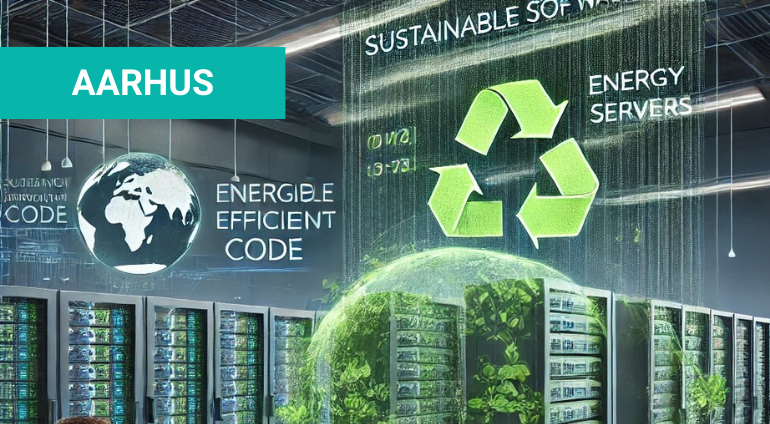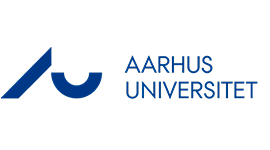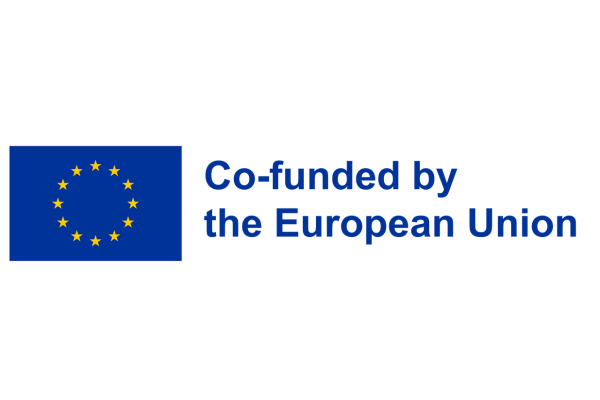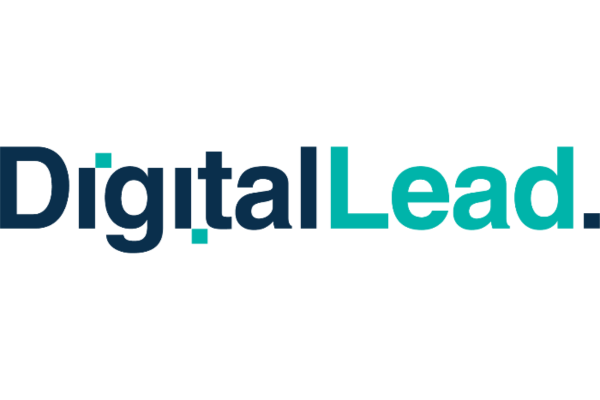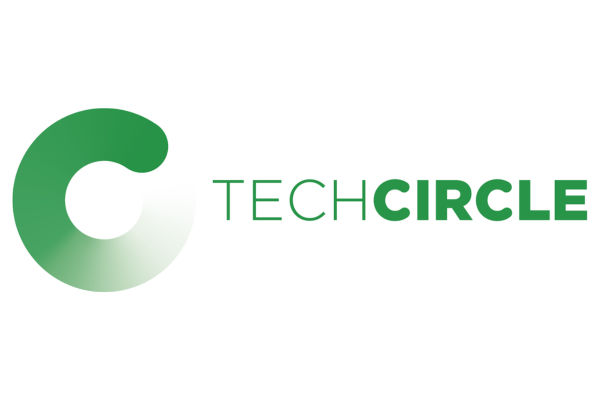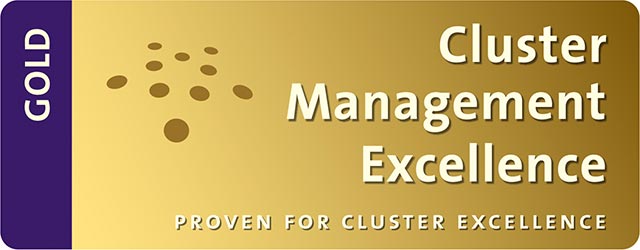Learn to build green, energy-efficient software architectures and designs - good for the planet and for your budget.
Update:
The maximum amount of participants(16) has been achieved.
Contact Anne-Mette Overdahl Kuijpers at aok@digitallead.dk to sign-up for the waiting list.
Join this 2-day course to explore how to design and build software systems that deliver maximum performance with minimal energy consumption, benefiting both the climate and your costs.
Your instructor is Henrik Bærbak Christensen, Associate Professor at Computer Science, Aarhus University.
Why this matters
Software architecture helps you balance maintainability, performance, security, and uptime.
Yet, architects and developers often overlook energy efficiency as a core quality attribute.
In a world facing climate challenges and energy concerns, it's time to shift focus. Energy-efficient software means doing more with less energy—good for the planet and for your budget.
What will you get
- Hands on and theoretical knowledge for making energy efficient software architecture and coding decisions.
- Methodology and tooling for setting up reproducible experiments to measure energy use.
- Practical experience in measuring energy, analyzing data, and running experiments in our energy lab.
Course format
You'll alternate between presentations, group discussions, and lab work (groups of 3–4), where you’ll tackle real tasks in the energy lab.
Course outcomes
By the end of the course, you’ll be able to:
- Work with energy efficiency as a structured team process.
- Apply architectural and coding tactics to reduce energy usage.
- Use tools and techniques for reproducible energy measurements.
- Perform statistical analysis to validate results.
- Gain hands-on experience with experiments and data analysis.
Practical information
A maximum of 16 participants can attend - has been achieved.
Contact Anne-Mette Overdahl Kuijpers at aok@digitallead.dk to sign-up for the waiting list.
Energy Lab Details
Each of the four teams gets two Ubuntu servers (one to run software and one to generate load traffic), with energy measurement tools attached.
You’ll run REST servers (Java, Python, and different DBs like SQL or Redis) inside Docker under varied loads and analyze their power usage.
Scope & Prerequisites
- The focus is primarily on server-side tactics, with mobile and front-end covered lightly.
- Targeted at software architects and developers with programming experience (e.g., a CS bachelor's or equivalent).
- Familiarity with Linux, shell, and Docker is helpful, but not required.
Pricing
Free for SMEs and public-sector participants (state supported under the EU deminimis rule; SMEs must declare prior aid).
The price is DKK 6057 (plus VAT) if you are from a large enterprise.
Free and light catering will be offered.
Daily schedule (tentative)
Day 1 – November 13, 9.00–16.00
- Introductions and energy principles.
- Group formation and lab orientation.
- Green Architecture Framework (GAF) - energy profiling and tactics.
Day 2 – November 14, 9.00–16.00
- Case introduction and first energy measurements.
- Statistical processing of energy measurements.
- GAF part 2: tactics for mobile/front-end apps.
- Reflect on applying what you have learned in your projects.
